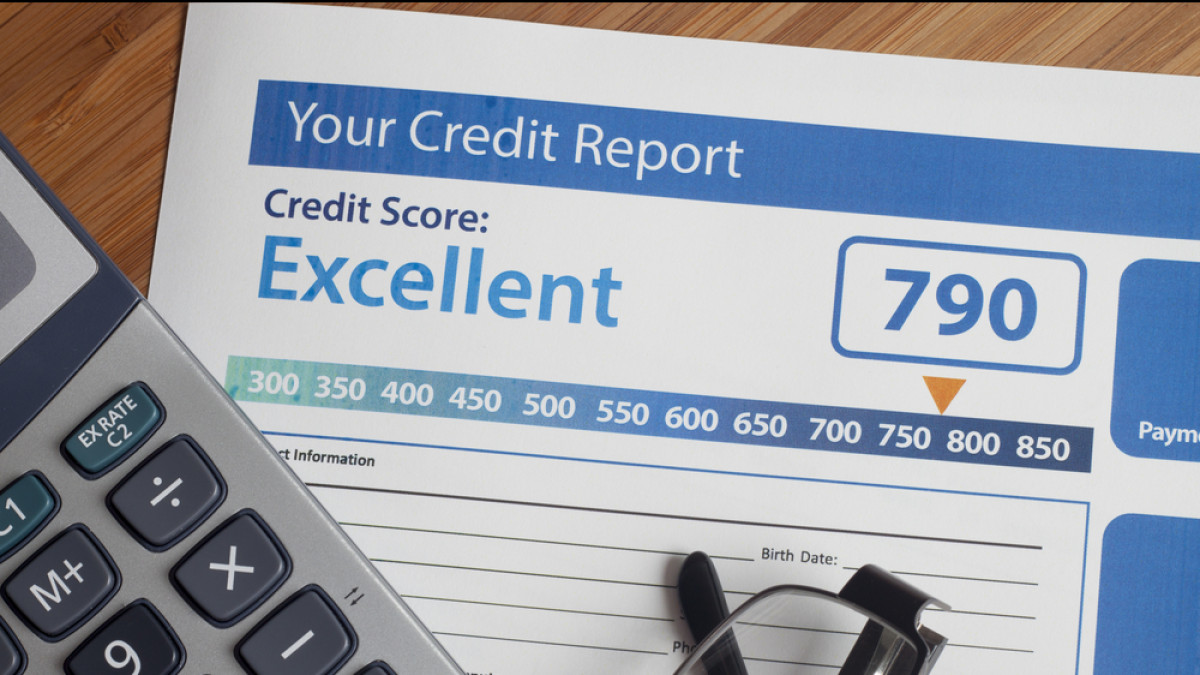
A personal loan requires a CIBIL score of 700 or above. Anything less than 700 could be cause for alarm. However, not all is lost. While your credit score will not improve overnight, major and tiny changes in your financial habits can make a huge effect.
Your loan application will not be granted simply because you have a decent credit score. The lender will assess several factors before making the loan available to you. When you apply for a loan, the lender will look at your CIBIL score first. CIBIL stands for Credit Information Bureau India Limited. The CIBIL score is a three-digit number between 300 and 900. The closer to 900 the CIBIL score is, the better. A credit score of 750 or more is considered excellent. A higher credit score increases your chances of loan approval. If you have strong credit, you may be able to negotiate a reduced interest rate on unsecured loans such as personal loans.
Learn How to Raise Your Cibil Score Quickly in the Following Ways
Credit Cards Issued
When applying for credit cards, use caution. While credit cards can be useful when asking for loans, having too many credit cards and making large expenditures might be counterproductive. When applying for a credit card, it is a good idea to verify your credit eligibility and apply to banks where your loan application is more likely to be approved. This is since not only spending excessive amounts on your credit card but also applying for credit cards from multiple banks can have a negative impact on your credit score. Maintain enough gap between applications to avoid giving lenders the impression that you are pursuing credit. Applying for credit cards when you can repay them helps you earn points and improves your credit score.
Pay Credit Card Bills on Time
Paying off past-due credit cards can help you improve your credit score. Getting into the habit of merely paying the minimum amount due when it appears on your credit card statement may help you avoid late payment fees. This minimal amount is about 5% of the billing amount for that cycle. However, this adds interest and taxes to the cost in the next cycle, resulting in a mountain of debt.
Paying your bills on time not only keeps interest from piling up, but it also helps to improve your credit score in the long run.
Maintain a Close Eye on Your Credit Report
According to a 2012 Federal Trade Commission research, nearly 20% of clients had a mistake in their credit report. A follow-up study in 2015 discovered that customers who reported an unresolved problem still believed there was an error in the report. Check your credit report on a regular basis for anomalies and inaccuracies. Credit bureaus are required by law to provide borrowers with one free credit report per year.
Monitor Your Credit Score
Online marketplaces have also made credit history monitoring easier. The report may contain problems such as erroneous information, a delay in updating the report, or a delay in updating critical elements.
Credit Utilisation Should Be Limited
Using less than 30% of your credit card limit will help you keep your credit score intact. However, not using your credit card at all can have a negative impact on your credit score. It is best to pay off your credit card balances in advance. Using more than 30% of your credit card limit is considered high credit use; therefore, it is best to choose a greater credit limit, which will help you improve your credit score quickly. It is also advisable to minimise your loan applications. Applying for many loans can also have a negative impact on your credit score.
Boost Your Credit Limits
Increasing your credit limit immediately lowers your credit utilisation ratio and improves your credit score.
Overusing your credit limit above a limit will result in credit scoring models classifying you as a high-risk borrower. When you use your whole credit limit (or exceed a specified limit), your credit utilisation ratio skyrockets, increasing your chances of default. Even if the dangers may not directly affect you, your credit score suffers.
As a result, it is prudent to boost your credit limit before engaging in any further spending. This allows you to manage your credit responsibly and keep your credit use low, hence increasing/maintaining your credit score.
Choose Different Types of Credit
When gained intelligently, it may be beneficial to choose different types of credit because a person who has never gotten any type of credit will normally have a lower CIBIL score, making it difficult for them to secure loans. To improve your credit history, it is recommended that you incorporate a combination of personal and secured loans, as well as long- and short-term loans, in your portfolio.
When you decide to apply for a loan, this step can help you increase your chances of getting a larger loan with a cheaper interest rate.
Maintain Old Debt on Your Report
The lender authorises the loan application based on your credit score, which is a reflection of your prior credit conduct. Keeping details of your old good loan account in your credit report is therefore a smart practice for your credit score. After all, a debt that is repaid in accordance with the agreed-upon terms and within the time limit boosts your creditworthiness and has a beneficial impact on future loan applications. Another strategy to boost your credit score is to keep your good accounts with a solid payback history active for as long as possible. This is the most prevalent strategy employed by businesses.
Never Even Hint About Danger
Credit scoring methods are intended to detect early signals of stress and danger in a borrower’s profile. Missed credit card payments, suddenly paying less than the complete due amount, or revolving credit, for example, are the first signs of stress in a borrower’s credit profile. Other changes, such as seeking cash loans or utilising credit cards to pay business expenses, are indicators of strained cash flow.
Be Consistent in Your Approach and Patient
A credit score does not improve overnight, and it takes persistent effort to repair and improve the credit report. As a result, you must be patient and continue to examine your credit report, credit lines, spending habits, and debt repayment schedule. It will help to increase your credit score and creditworthiness over time. Increasing your CIBIL score is a difficult undertaking that may be accomplished with careful planning and discipline.
Everything You Need to Know About Refinancing Home Loans in India


